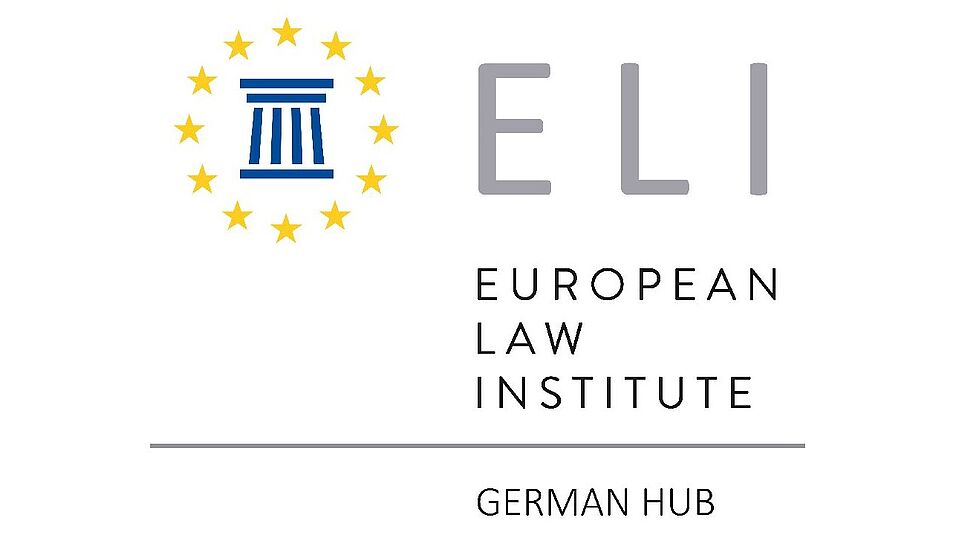The webinar was attended by approximately 35 participants. The overall aim was to familiarise the attendees with some of the intricacies of Directives 2019/770 and 2019/771. Professor Ivo Bach (University of Göttingen) spoke on the implementation of Directive 2019/771 with a special emphasis on the question of whether German lawmakers had correctly fulfilled their obligation in transforming this Directive into German law. This seemed, in some instances, rather doubtful but in the absence of any jurisprudence so far one has to await prospective answers.
Dr Benjamin Görs, who was chief drafter of the law implementing both Directives in the Ministry of Justice and Consumer Protection, spoke on the rather difficult issue of the interrelation between data protection law and Directive 2019/770. In this respect, he outlined the main problem areas, ie whether a consumer that pays for digital services with his personal data is actually wilfully and with sufficient intent entering into a contract for such services. He opined that the issue is delicate and that any solution must be found at the borderline of these two areas of law, but in his best analysis the Order on Data Protection will govern, supposedly with the help of the European Data Protection Supervisor issuing further guidelines.
Finally, Prof Malte Kramme (University of Innsbruck) took the floor. His topic was ‘Digital Content and Digital Services, Warranties and Appropriate Remedies’. He outlined a number of reservations on whether the implementation of these issues into the German Civil Code (BGB) was adequately resolved.
A lively debate, moderated by Prof Thomas Pfeiffer (University of Heidelberg) and Prof Martin Schmidt-Kessel (University of Bayreuth), took place after every presentation. In his closing remarks Prof Pfeiffer outlined that many of the issues raised in this webinar need to be further debated und scrutinised before definite answers are found. Both Directives represent new issues; this is clearly law in the making, already embodied into the BGB, to become effective as of 1 January 2022.

